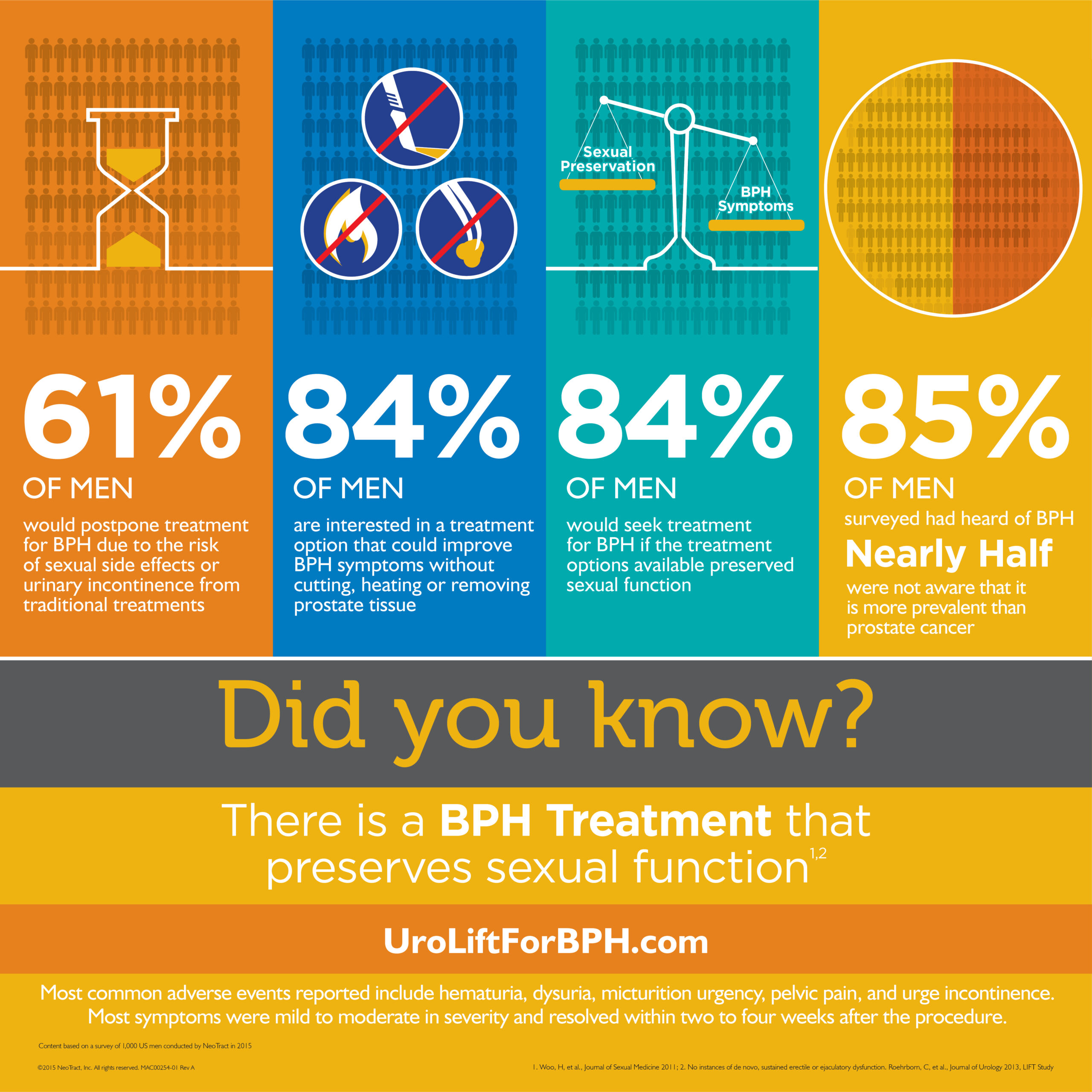When it comes to health problems, men are most likely to endure their symptoms longer before going to the doctor than women. Sometimes, it may be because they don’t feel like their condition is serious enough, and other times, they may find it embarrassing to have certain parts of their body checked.
The latter is the case when it comes to testicular issues. According to Urologic surgeon, Dr. Jonatahan Bingham, it takes the average man around six months to see a doctor after symptoms of testicular mass or tumor appear. Dr. Bingham is from Coordinated Health, which is part of Lehigh Valley Health Network.
Here’s when it’s time to visit your urologist:
Your symptoms could mean you have prostate cancer, which is one of the most common cancers among men. Prostate cancer does not show noticeable symptoms at an early stage and can only be identified by having prostate cancer screenings. Having said that, you should highly consider going to the urologist if you feel worried about this condition.
Spotting early symptoms of prostate cancer makes it easier to cure. However, this means that you shouldn’t skip your appointments with your urologist to see symptoms and prevent them from becoming more serious.
When you start to feel constant mild pains in your testicular area, it’s time to consult a urologist. If something doesn’t feel right, you need to have it checked right away to prevent any serious conditions. The urologist can also give you remedies and treatments to alleviate the pain.
Erectile dysfunction is common, particularly among older men. However, it is also typically tied to other medical issues that can be medical or psychological. When you observe that you have erectile dysfunction, consult the urologist right away to have any possible conditions treated.
Issues like slowing of the urinary stream, painful urination, frequent urination, and sudden start and stop of the urinary stream are common among men as they grow older. That said, such issues could also be tied to the growth of the prostate gland.
It’s important to address these issues because they can lead to serious problems in the kidney or the bladder in the long run.
When you start to see blood in your urine, don’t delay testing and visit your urologist right away. Blood in the urine can signify prostate enlargement, kidney stones, or tumors in the kidney or bladder.
Kidney stones may not be painful early on, but over time, it can cause excruciating pain and severe health conditions. Prolonging your treatment can lead to serious kidney issues that can be deadly. When you spot these symptoms, visit your urologist to prevent your condition from getting worse.
Men should not be ashamed or embarrassed to talk about testicular issues, especially if it’s for medical concerns. Visiting the urologist when symptoms first appear is essential to avoid any serious condition. More importantly, doing so will help relieve pain and stop issues that can be worrisome from appearing again.
We care about your health! Our team of expert urologists in New Jersey is more than willing to address your concerns. Request an appointment with us today!
Disclaimer: All content found on the UUANJ.COM Website, including text, images, audio, or other formats were created for informational purposes only.
The content is not intended to be a substitute for professional medical advice, diagnosis, or treatment. Always seek the advice of your physician or other qualified health providers with any questions you may have regarding a medical condition. Never disregard professional medical advice or delay in seeking it because of something you have read on this website.
If you think you may have a medical emergency, call your doctor, go to the emergency department, or call 911 immediately.


